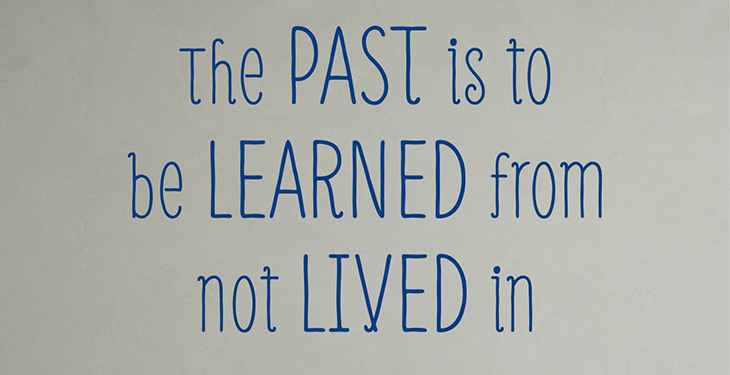Recently, I have noted people saying they were glad to see the coming new year and the end of 2020. Yesterday, I listened to a friend tell the congregation, “Never before have I thought that I was really glad a whole year was over…but if I am honest…I am glad 2020 in is the rearview mirror.”\
We would never wish another world pandemic on anyone. Vast changes in science and communication since 1919 made the world’s reaction to COVID-19 far different than the reaction to the Spanish Flu. World travel came to an abrupt halt, and activities which once seemed so normal that we barely gave them thought are nowhere in sight.
While no one hungers for these circumstances to continue, wisdom implores us to search for lessons to be learned. What can be carried forward that will help us in the future? We believe there are, at least, three guidelines learned from 2020 that will make life better.
Guideline one is increase your cash. If anything, the rollercoaster of 2020 reinforced an age-old adage, “Cash is King.” Shutdowns of restaurants, hotels, and entertainment venues cost millions of people their jobs.
According to the Employee Benefit News, 2020 “upended the financial picture for millions of Americans, leaving their retirement savings in a precarious state.” Between February and March of last year, people watched the value of 401(k) and other retirement accounts drop 20% or more. While markets have recovered handsomely, the waters have been made choppy by the winds of volatility. Nearly every aspect of the well-being of Americans is being challenged by the pandemic.
We have long pounded the drum to reduce personal debt and build a solid emergency fund. In early 2021, we believe everyone should increase the amount they hold in cash. Having a comfortable cash position accomplishes at least two goals. Cash provides a buffer when markets turn negative, and having cash enables someone to make strategic investments when prices are lower.
Guideline two is build your clan. One undeniable result of the COVID-19 pandemic is we have increased our “personal space.” An entire sub-industry has been created for floor stickers that help tell everyone to stay apart. One benefit of the boom in online church services has been the reminder that the church is not the building. However, the challenge has been created that people are isolating from one another. Working remotely has intrigued the business world, with the possibility of reducing expenses with no loss in productivity. During this year, the Christian Churches Pension Plan has participated in a number of remote events. Due to travel restrictions and on-site conference cancelations, our Board of Governors and Executive Committee meetings have been efficiently conducted via the Internet.
With positives noted, we must remember God created us as relational people. God looked at the man he created and said, “It is not good for the man to be alone.” We need personal interaction. Gathering via Zoom, Facetime, or Microsoft Teams cannot fully replace being face-to-face. In the first century, Christians faced harsh persecution. Many reasoned it was wise to reduce the number of times they came together as a group. The writer of Hebrews warned that separating from others may seem to create safety, but inherent spiritual dangers accompanied the action. Today we need to make sure we take reasonable measures not to endanger others but, we must be careful not to allow isolation to become a habit.
Our third, and most important, guideline is focus upon your core. Perhaps the greatest danger of this pandemic is its ability to distract us from our core giftedness, ministry, or service. How can we not become distracted with daily announcements of infections, the ever-present necessity of face coverings, personal adjustments, etc.? Becoming distracted is a cinch when we are burdened by a concern for the financial stability of our employer or by the conflict created when the remote learning schedule of our children collides head on with other demands.
COVID-19 has brought these challenges and more. They have been deposited upon our doorstep. We were not asked to sign for them nor offered the possibility to refuse delivery. We will be well served throughout our future if we discover how to become the individual Christ intended without ignoring the demands before us.
It seems Philippians 2 provides a solid foundation for our task. Each of us is created with our own set of talents and gifts. We are not created in uniformity but with uniqueness that, when we serve together, we are much more than the sum of our parts. When faced with expectations of behaving in conformity with assumed rules, it is easy for our yearning for individuality to grow into jealousy or anger. In these moments we need to hear the apostle’s words, for these are truly our core:
“Make me truly happy by agreeing wholeheartedly with each other, loving one another, and working together with one mind and purpose…Have the same attitude that Christ Jesus had… Do everything without complaining and arguing so that no one can criticize you. Live clean, innocent lives as children of God, shining like bright lights in a world full of crooked and perverse people.”
No, we do not have to live in 2020 any longer. However, we can assuredly benefit by learning from it. As we do, our future will be better for it.
